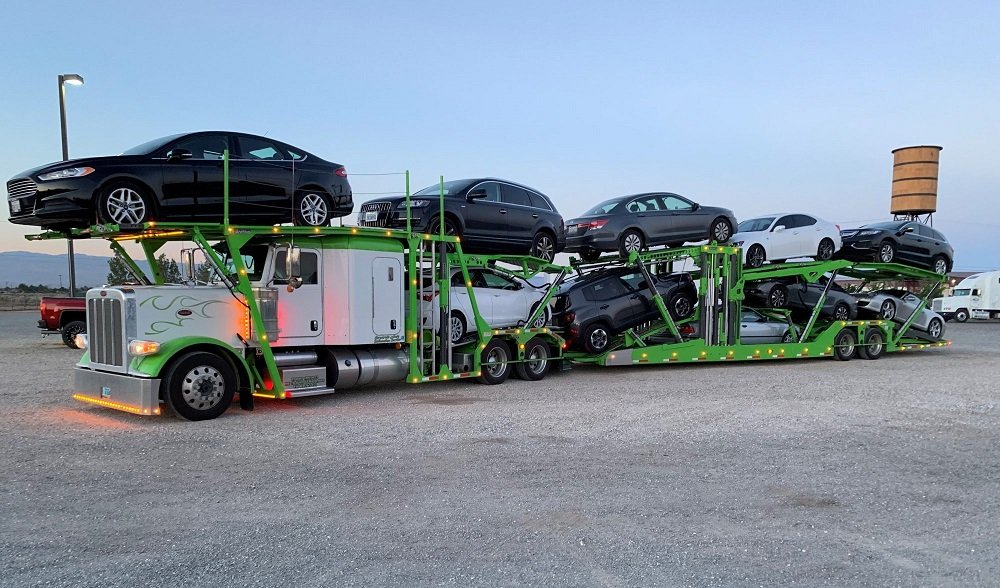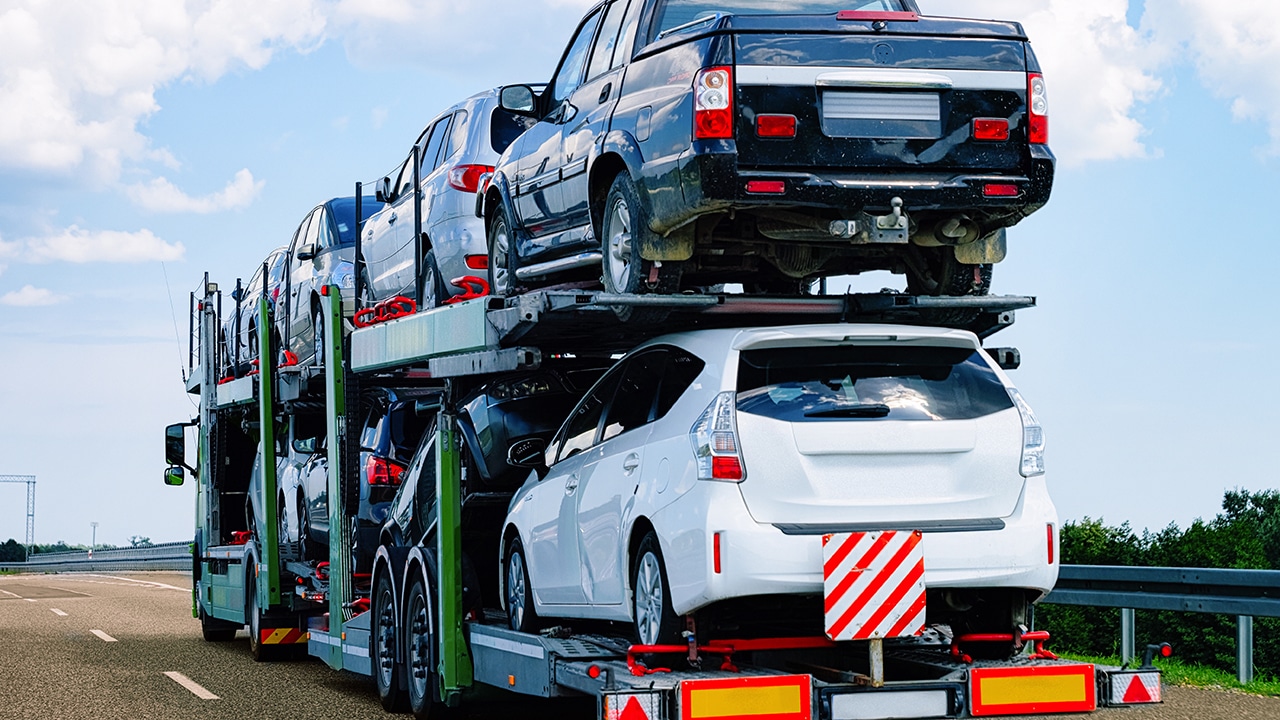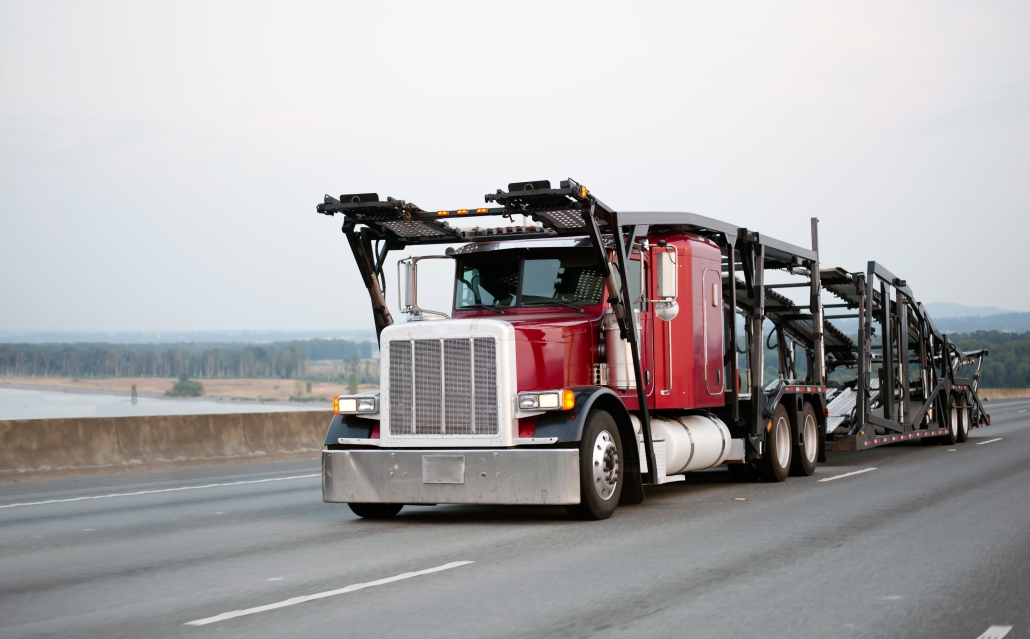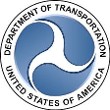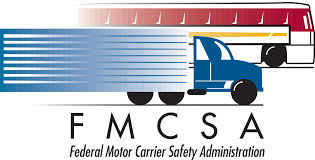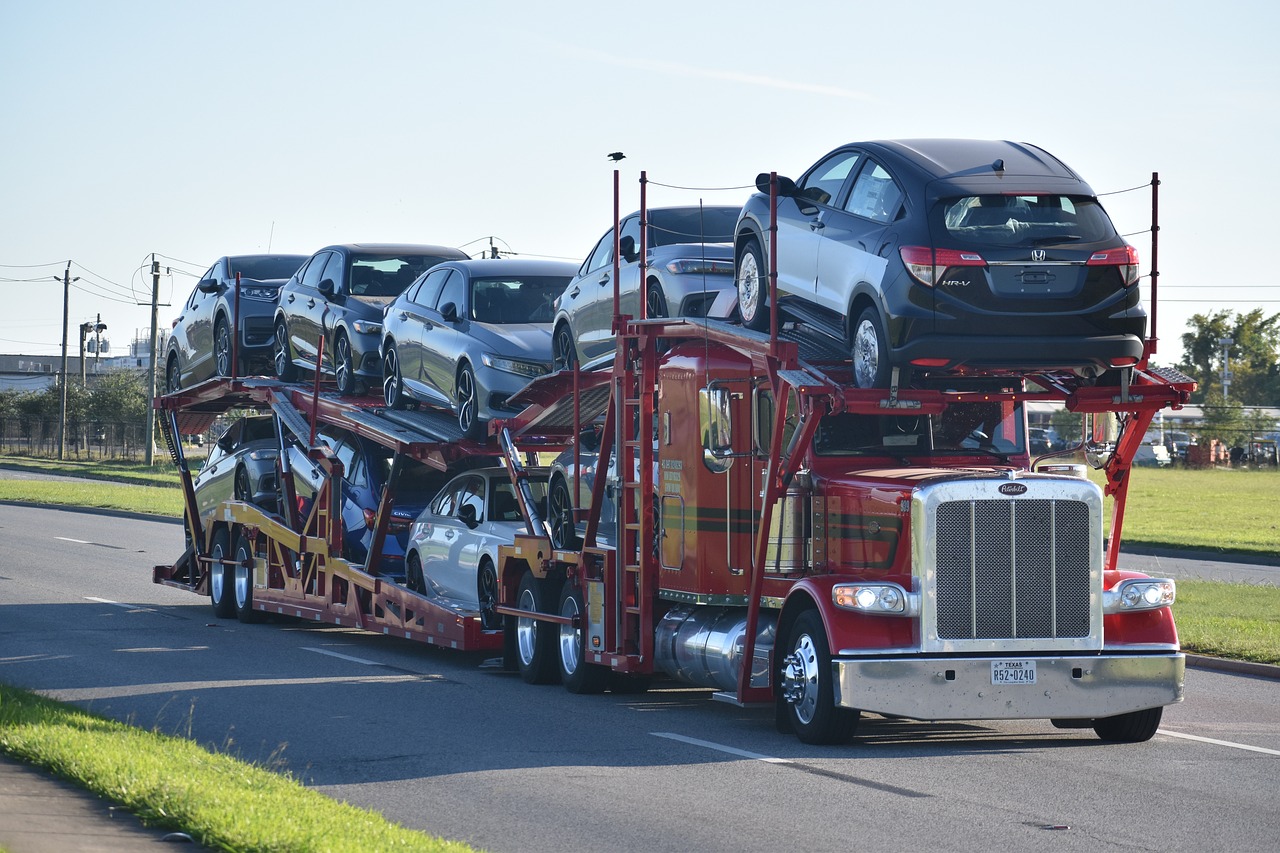
Auto Transport for Snowbirds: Seasonal Vehicle Relocation
As the seasons change, thousands of retirees and seasonal residents make their biannual migration between northern and southern states. This cyclical movement presents unique challenges in vehicle transportation, requiring specialized knowledge and careful planning. At The Car Carriage, we have developed extensive expertise in managing these seasonal transitions, ensuring that our snowbird clients can focus on their own journey while we handle their vehicle transportation needs.
Understanding the Snowbird Migration Pattern
The seasonal migration of snowbirds follows a predictable pattern that shapes the auto transport industry’s calendar. Typically, the southward migration begins in late autumn, with travelers heading to warmer climates in Florida, Arizona, Texas, and other southern destinations. The reverse migration occurs in spring, as temperatures begin to rise and northern states become more hospitable.
This biannual movement creates distinct peak seasons for auto transport services. Understanding these patterns is crucial for both transport companies and customers, as it affects availability, pricing, and scheduling considerations.
The Advantages of Professional Auto Transport for Snowbirds
For seasonal travelers, professional auto transport offers several significant benefits over driving their vehicles personally. The journey between seasonal residences often spans thousands of miles, presenting considerable wear and tear on vehicles and fatigue for drivers. Professional transport eliminates these concerns while providing additional advantages:
The preservation of vehicle condition is paramount. Long-distance drives can add significant mileage to vehicles, accelerating wear and potentially affecting resale value. Professional transport prevents this accumulation of miles while protecting the vehicle from road hazards and weather exposure.
Time efficiency represents another crucial factor. While a cross-country drive might require several days, professional transport allows snowbirds to travel directly to their destination by air, knowing their vehicle will arrive safely at a predetermined time.
Planning Your Seasonal Vehicle Transport
Successful seasonal vehicle transportation requires careful planning and attention to timing. We recommend initiating the planning process well in advance of your intended travel dates. For southbound autumn transport, arrangements should begin by late summer. Spring transport planning should commence in early winter to ensure optimal scheduling and pricing.
The importance of early booking cannot be overstated. As peak seasons approach, available transport capacity becomes increasingly limited, potentially affecting both scheduling flexibility and cost. Early planners often secure more favorable rates and preferred delivery windows.
Specialized Services for Seasonal Residents
At The Car Carriage, we have developed specialized services tailored to the unique needs of our snowbird clients. Our comprehensive approach includes dedicated transport coordinators who understand the specific requirements of seasonal moves and can provide personalized attention throughout the process.
We offer both open and enclosed transport options, allowing clients to choose the level of protection that best suits their needs and budget. For luxury or classic vehicles, enclosed transport provides maximum protection from weather and road debris. Standard vehicles may be safely transported via open carriers, offering a more economical option without compromising on service quality.
Weather Considerations and Route Planning
Weather plays a crucial role in seasonal vehicle transport. Our expertise in weather pattern analysis allows us to optimize route planning and timing to minimize potential delays and ensure safe transport conditions. This is particularly important during the transition seasons when weather can be unpredictable.
Our transport teams utilize advanced weather monitoring systems and maintain flexible routing options to adapt to changing conditions. This proactive approach helps ensure consistent, reliable service even during challenging weather periods.
Communication and Tracking
Clear communication remains essential throughout the transport process. Our integrated tracking systems provide regular updates on vehicle location and estimated arrival times. Clients receive consistent communication from their dedicated transport coordinator, ensuring they remain fully informed throughout the journey.
Preparing Your Vehicle for Seasonal Transport
Proper vehicle preparation ensures a smooth transport process. We provide detailed guidance on preparation requirements, including:
Documentation preparation must be thorough and complete. This includes current registration, insurance documentation, and any special permits required for transport. Ensuring all paperwork is in order before transport helps prevent potential delays.
Physical preparation involves several key steps. The vehicle should be cleaned thoroughly to facilitate accurate condition documentation. Mechanical checks ensure the vehicle is transport-ready, while removing personal items and securing loose components prevents potential issues during transit.
Long-term Client Relationships
Many of our snowbird clients return season after season, allowing us to develop a deep understanding of their specific needs and preferences. This ongoing relationship enables us to provide increasingly personalized service, anticipating requirements and proactively addressing potential concerns.
Conclusion
Successful snowbird vehicle transport requires a combination of careful planning, specialized expertise, and reliable execution. At The Car Carriage, we take pride in providing comprehensive transport solutions that address the unique needs of seasonal travelers. Our commitment to excellence ensures that your vehicle arrives safely at your seasonal destination, allowing you to focus on enjoying your time in your chosen climate.
Contact The Car Carriage today to discuss your seasonal transport needs and learn how our specialized services can support your snowbird lifestyle. Our experienced team stands ready to create a customized transport plan that aligns with your schedule and requirements.

